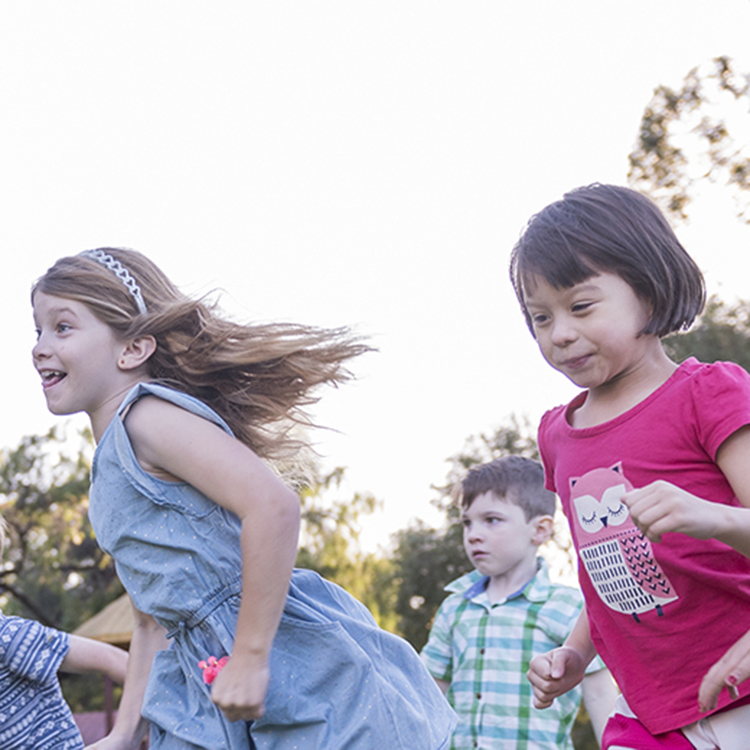Search
Aboriginal women who are pregnant or new mums can come along to learn to weave a baby basket and yarn with strong women from the community.
Please email preggnutstudy@telethonkids.org.au with: Your full name Your email address Your mobile number Any questions or comments you may have (
Please email nutsforbabies@telethonkids.org.au with: Your full name Your email address Your mobile number Stage of pregnancy (weeks) Any questions or

Are you a young person (14-25 years old) who is Aboriginal and/or Torres Strait Islander and LGBTIQ?
Altitudes is a positive and supportive program for family members of young people who are receiving treatment at headspace early psychosis service.

We’re looking for participants for a new study to evaluate a novel desensitization method for peanut allergies.

The Kids Research Institute Australia has an ongoing commitment to the development of our people, and our award-winning Emerging Leaders Program aims to foster the next generation of Institute leaders.
The Kids Research Institute Australia is currently in the process of implementing a new recruitment system. Please click the link below to view and
The Kids Research Institute Australia is currently in the process of implementing a new recruitment system. Please click the link below to view and
